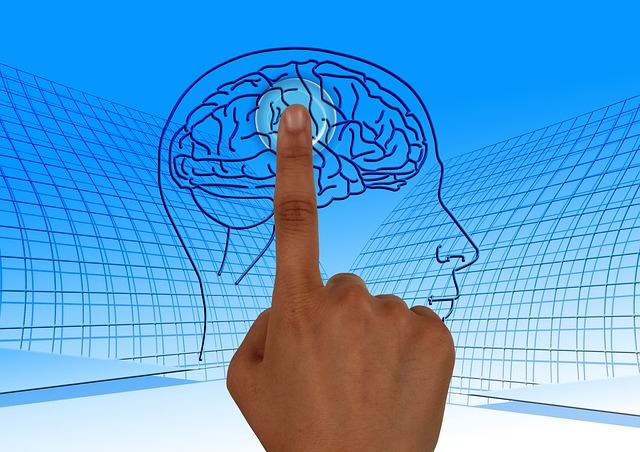The secret key to maintaining brain health

The secret key to maintaining brain health
The secret key to maintaining brain health
Expressing gratitude is a simple yet powerful practice that can change one's life. Developing an honest appreciation for what a person already has can dramatically change their mental and physical health.
According to the science of gratitude, making it a habit increases the ability to reshape the brain, improve mood, and even the quality of life in general.
According to Calm, gratitude has long been described as the key to happiness. Neuroscience and psychology have begun to explore how gratitude can affect the human brain, and studies have shown that gratitude can help:
• Boost feel-good chemicals
• Regulating stress
• Train the brain to be more attuned to positivity
• Enhancing neural connectivity in the parts of the brain associated with social bonding
• Improve self-esteem
5 Effects of Gratitude on the Brain
The brain has a wonderful ability to reorganize itself throughout life by forming new neural connections, known as neuroplasticity, and gratitude can play an important role during this process, as follows:
1. Enhance the production of neurotransmitters
One of the most important ways gratitude can affect the human brain is by stimulating the production of dopamine and serotonin, two neurotransmitters often known as feel-good chemicals. When a person expresses gratitude, their brain may release these chemicals, leading to feelings of happiness and contentment. Not just a temporary boost, regular expressions of gratitude lead to long-term improvements in your overall mood and emotional well-being.
2. Regulating stress hormones
Expressing gratitude can also play a crucial role in managing the body's stress response. When a person focuses on the positive feelings associated with gratitude, it can reduce the brain's production of stress hormones such as cortisol, which calms the nervous system, thus reducing feelings of anxiety or promoting feelings of well-being.
3. Restructuring cognitive processes
Beyond biochemical effects, gratitude can encourage the restructuring of cognitive processes. It can help promote a shift in mindset from negative to positive thinking, by focusing more on the good in a person's life. It is a shift that may lead to lasting changes in how a person perceives and interacts with the world around them. By practicing gratitude regularly, you can help train the brain to be more attuned to positivity.
4. Enhance neural communication
Every expression of gratitude may strengthen the neural pathways associated with positive emotions. Over time, these pathways can become stronger, making feelings of gratitude and happiness more accessible and frequent.
5. Improving brain functions in critical areas
Studies using functional magnetic resonance imaging (MRI) scans have shown that gratitude may activate several important areas of the brain, including the prefrontal cortex, which is responsible for decision-making, emotional regulation, and empathy. This activation can bring immediate feelings of satisfaction and can also contribute to improving the cognitive functions associated with these areas of the brain in the long term






